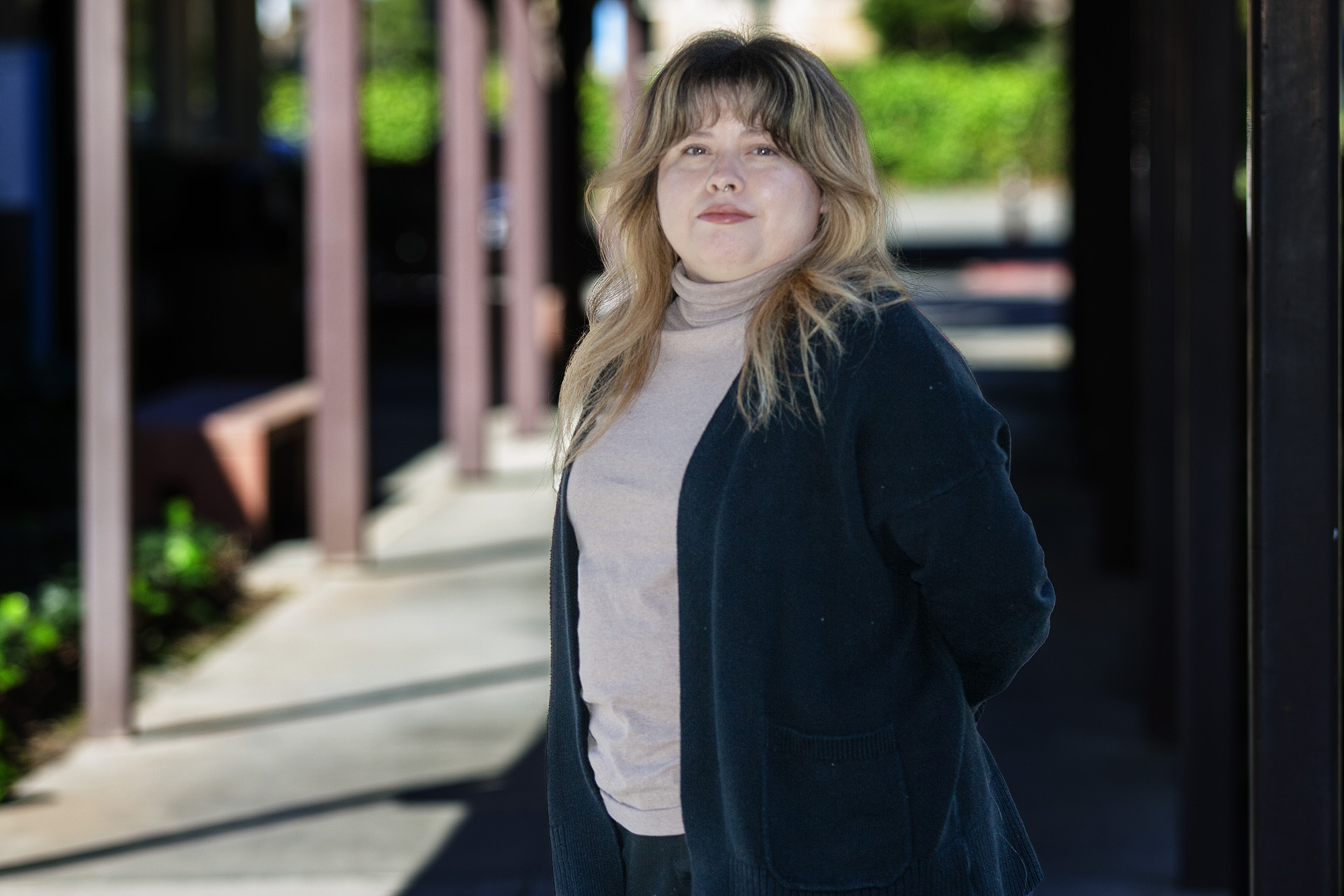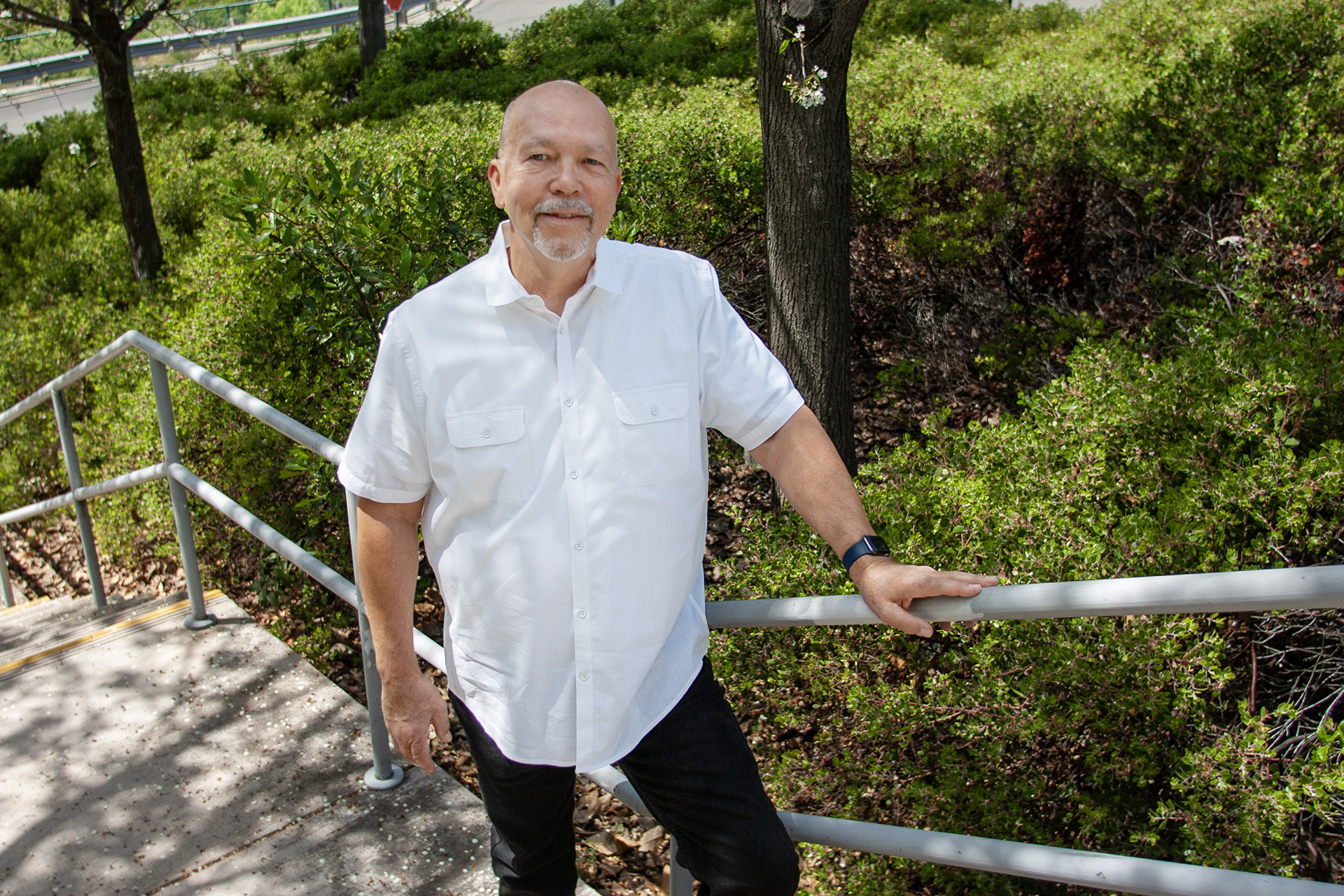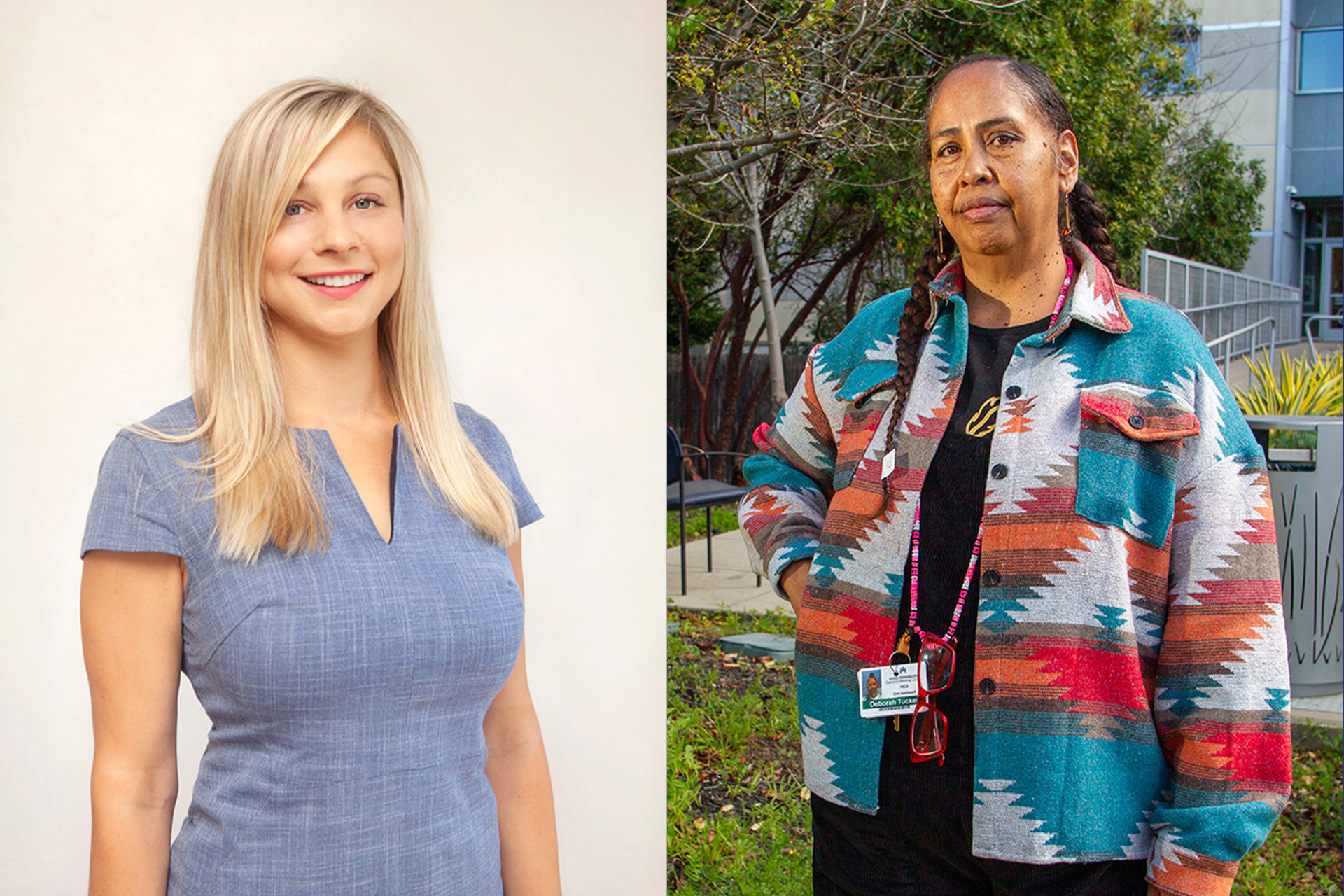Ever hear the story about the carrot, the egg, and the coffee grounds that fall into a pot of boiling water?
It’s a story about resilience that Kaiser Permanente Associate Clinical Social Worker Selena Salazar uses to connect with her Spanish-speaking mental health clients.
The carrot, egg, and coffee grounds represent people who have different experiences with adversity, or boiling water, over time. The story is a way to offer culturally relevant metaphors to communicate more effectively and powerfully.
“The carrot might come out bland and soft, or vulnerable and emotionally unaware, the egg comes out with a tough, hard skin, but the coffee grounds turn into something enjoyable, like a nice cup of coffee,” said Salazar, who works in the Kaiser Permanente San Jose Medical Center intensive mental health outpatient program. “It’s a way of illustrating to a client that each person can go through adversity and come out completely different. What we’re aiming for is the cup of coffee.”
“What we want to do is introduce more cultural awareness and respect for the different experiences of our Latino patients.”
— Patrizia Meunier, clinical supervisor in the Mental Health Training Program
The story is an example of a Spanish “cuento” Salazar learned in the New Kaiser Permanente Bilingual Specialty Training, which is part of the Mental Health Training Program. She recently received her master’s degree in social work from San Jose State University and is now seeing patients as part of the supervised clinical training she needs to become a licensed therapist in California.
“I decided to do the bilingual Spanish-speaking class because I want to be able to provide Spanish-speaking intervention in a culturally sensitive way,” said Salazar.
The training for associate Spanish-speaking therapists runs from October through August in 8-week sections. The sections include cultural adaptations of mindfulness and self-compassion in psychotherapy, managing cognitive distortion through a cultural lens, and more.
The program helps Spanish-speaking trainees develop a sense of cultural humility that rejects stereotypes and prejudices in order to better understand their clients, said Patrizia Meunier, clinical supervisor in the Mental Health Training Program.
“What we want to do is introduce more cultural awareness and respect for the different experiences of our Latino patients,” she said. “We teach that the therapist’s duty is to learn more about the culture, but even that is not enough without actively listening to the patient.”
The course is helpful for associate therapists treating Spanish-speakers who recently arrived, as well as those who are second or third generation.
“For those at the beginning of acculturation in this country, psychotherapy is not an obvious choice because the process can be intimidating, and it was originally developed for European cultures,” said Meunier. “A key focus of the program is addressing barriers to mental health care. Misinformation, stigma, and systemic challenges often prevent people from seeking help. And we hope to change that.”
Trainees also learn that second- or third-generation Spanish-speaking clients may feel caught between the expectation and demand of two different cultures. The mental health of this group may suffer more than the first immigrants in their families, said Meunier.
By training more culturally competent future providers, Kaiser Permanente aims to make mental health care more accessible and inclusive with providers who value cultural knowledge and diverse experiences.
“In some communities, Spanish speakers make up 40% of the population, yet many delay seeking therapy until a crisis occurs,” Meunier said. “Building trust and cultural understanding encourages earlier intervention and better mental health outcomes for our Latino communities.”
Cultural training part of larger program
The new Bilingual Specialty Training is part of the Kaiser Permanente Mental Health Training Program and the Kaiser Permanente Counseling Centers, which are funded by Kaiser Permanente Community Health and The Permanente Medical Group.
The Mental Health Training Program and Counseling Centers support a range of academic levels, including premasters, postmasters, predoctoral, and postdoctoral mental health trainees. Training therapists and psychologists for over 50 years, the program now enrolls 400 trainees each year, nearly triple the number from just 4 years ago.




